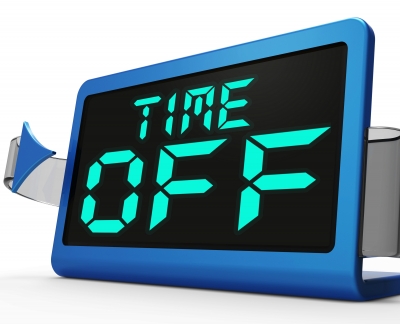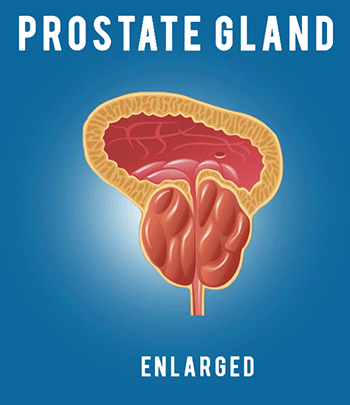The Effects of Time-Off in Productivity
The Effects of Time-Off in Productivity

Image courtesy of Stuart Miles at FreeDigitalPhotos.net
According to a recent research, our resources are not infinite. We all are equipped with different skills as well as mental, emotional, physical and spiritual resources, which require renewal from time to time. All of them have a great impact on our productivity. For example, if we are too long under the pressure and try to overcome this situation by working harder and longer, it will affect our productivity in a bad way. Namely, every long-term stress has a significant negative emotional effect. It drains our emotional resources. And when we lack one essential resource, it will take its toll on our general performance. Scientists have discovered huge benefits of taking time off on our health, emotional fulfillment, and productivity. Taking a nap during a day, or sleep at least 8 hours is essential for our health and working capacity. Without this renewal time, we cannot expect great results. We can be happy if our performances are at the average level. Experts also recommend taking short breaks during a day and using time off wisely. According to them, many people, in fact, do not know how to rest and renew their energy. Frequently, they come back after a vacation or a day off tired and not ready for further working challenges. To get an idea how to use time-off properly, thus increasing productivity, the article “Stop Wasting Your Time Off” gives us useful tips.
The Effects of Time-Off in Productivity
Non-Work Mode: First, no matter how blurred the lines become between our professional and personal lives, we need to be able to cut work off sometimes. More than just stopping communication or going somewhere different, though, the key is to actually get our minds off of our jobs.
Relaxation Mode: If the first step to a successful break is to get our minds off of work, the question then becomes, “What do we do next?” One option is to relax. Despite a lack of work, we can still be in go-go-go mode, wondering constantly what activity we could get up to next.
Learning Mode: For those with more adventurous or at least active aspirations, there is another way to make the most of our off-the-job time. “Mastery experiences” are things we do outside of work that challenge us just enough to give us an opportunity to learn, grow, and feel a little bit more competent along the way.
Social Mode: Christopher Peterson once summed up the findings of more than a decade’s worth of research on the good life in just three words, “Other people matter.” Connecting with others can be a huge boon for our happiness.
Without adequate recharge, we cannot focus, solve problems, or create ideas. To do this, we need to be relaxed, and our mind should be free of clutter. When we are overdoing our tasks, we usually give poor performance and just do the work. In this way, we cannot contribute creatively in the larger project sand cannot solve complex issues. All we can do is routine tasks. Even in doing things automatically, we will make mistakes. Therefore, business coaches suggest more time-off. If well used, time off will significantly increase our level of productivity as well as our general level of happiness.


